What is the Importance of Work for Identity, Meaning and Purpose in Life?
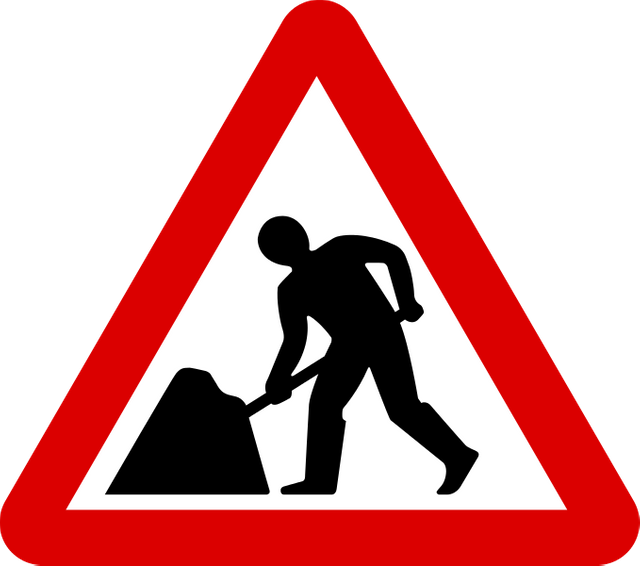
We meet someone for the first time, and one of the first things we ask is "what do you do?"
Why is this?
In general, we heavily identify with what we do, and rightly so because a large part of who we are is what we do. Our work, our job, takes up 1/3 of our daily time allotment (excluding weekends). A large part of our identity is tied up in the 1/3 of our time spent doing something. To find out about someone else, who they are as what they do, we naturall ask them about their jobs.
Despite how often many of the Western work force may move from job to job or career to career, 55% of US workers get identity, meaning and purpose from their job regardless. Those in early life, like college graduates, get even more identify from their excitement and devotion to enter the work force, with a 70% identification to their jobs.
What does this mean for the future of our identity, if automation replaces part of how we derive identity, meaning and purpose in life?
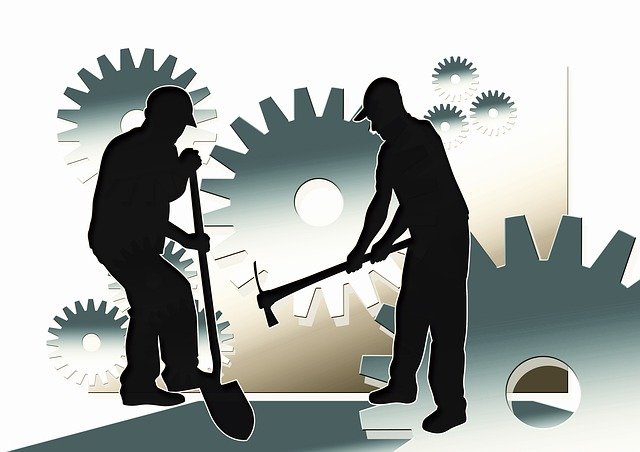
Work life
Working for a certain numbers of hours each work, is a recent development.
With the exploration of new professions, some surnames were changed to reflect the profession a craftsman worked at. Yet, many people derived their sense of belonging based on family, religion or geographic location. In the modern age, with multiculuralism bleeding away geographic and religious identity, the church identity has previously been eroded for the last half century and more. The most influential factor in our lives that remains in common for all, are our families and what we do for a living.
Work life has declined in the past 50 years, from 2100 to 1600 each year in 1960 and 2011 respectively. More paid-leave, such as vacations, accounts for much of that reduction. In 2005, high skilled jobs of working over 50 hours each week accounted for 20% of people in the UK. This trend has increased overall since 1970, despite the 20% stats having gone down in the UK.
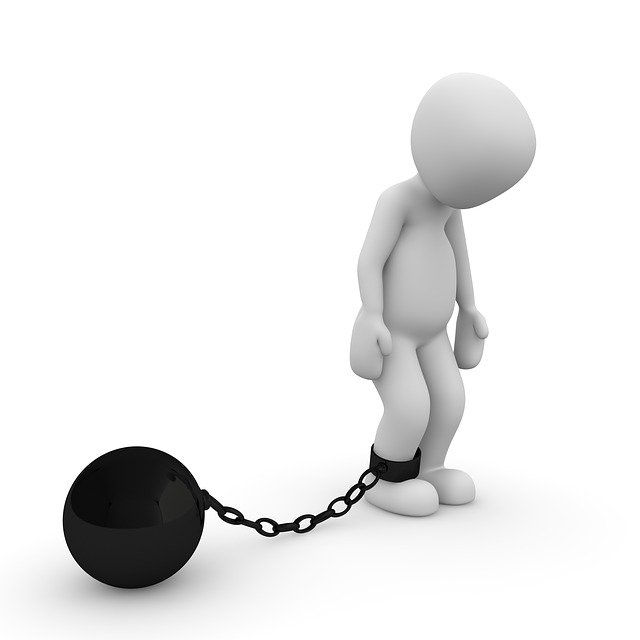
Ball and chain
With the advent of modern technology, more of us are latched onto our jobs even when we leave work. Smartphones keep white collar workers connected to their jobs, where everywhere is a "home-office" when they are not at the official office. We are in an "always on" culture.
Despite this ball and chain living where things can be demanding, stressful, boring or hard, it's overall good. Because the alternative is often unemployment. We can see the effects of unemployment in our society, local geographic area, but even more so in less fortunate areas of the world.
Employment tends to give identity, meaning and purpose in some aspect of our life. Unemployment, may take parts of ourselves away as a result. We can become depressed, lose meaning and purpose, and lose ourselves in life. We can become dissatisfied with life and lead to unhealthiness. This isn't to say all jobs will prevent this, but certainly many people gain satisfaction, meaning, purpose and health through the economic opportunity of being employed. Depression, anxiety and low self-worth are greatly diminished, as well.
The benefits of work usually outweigh the problems of not having a job.
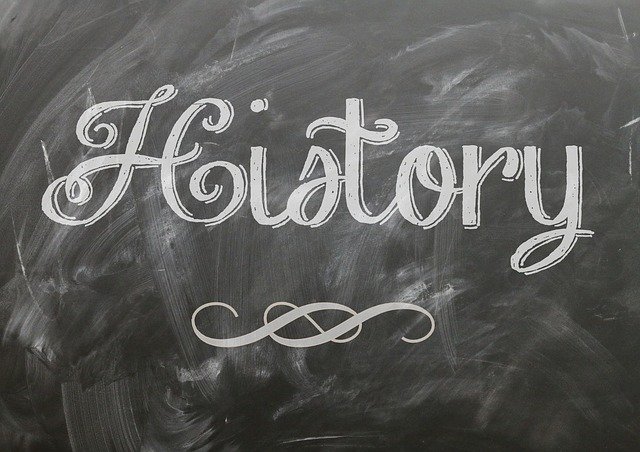
History
Worker and employer relationships have existed for well over 5000 years. Work exchanges for alcohol "soma" payments was done in Uruk, modern Iraq. In ancient Turkey, remains of a town from 9000 years ago suggest similar conditions. Everyone was involved in producing food, with common land ownership and sharing.
But, these activities were likely seen as daily living for survival in a society of community, as opposed to work. The agricultural revolution seems to have changed how civilization specializes its individual unit constructors. Increased food production allowed people to go into different niches to exploit and build up wealth in mastering their respective domains. innovation and development can progress more quickly by outsourcing certain parts of our lives.
The advent of specialized tasks, exchange of labor, eventually leads to our modern understanding of work. A model of sharing in a community changed as the community grew. Hierarchy replaced the social communal living. As towns become bigger, power centralizes into fewer hands and a powerful elite tends to develop, everywhere, in all societies as history progressed this way. Now not only was property resources being managed between people on a larger scale, but the elite were now managing people themselves through the control of labor.
Before money to survive, you worked for food, water and shelter. This is how many slaves viewed their "fortunate" situations, that their masters was good because they fed and sheltered them, took care of them, so that they wouldn't need to do so on their own in the "wild". The plantation become a form of economic security. So too is society a farm for economic security.

Live to work, or work to live?
Victor Frankl demonstrated the power of finding meaning and purpose, if not now, then in the future, as he tried to motivate concentration camp prisoners to survive. Having a purpose and meaning brings fulfillment and a desire to survive. Purpose and well-being are linked.
Mortality is linked to meaning and purpose. I have talked about this in relation to people's fixation on the desire for transhumanism, as well as religion. I mentioned how the fear of death leads many to attach themselves to ideas that evade and negate this future we fear. Be immortal, live forever, time doesn't matter, no death, no life, devalue the sacredness of life, lose meaning and purpose, then wander lost.
Those who have a sense of purpose live longer. Mind over matter. We can get through concentration camps and survive while others die, and we can also survive past our retirement while others die who retire. How we think about ourselves and our lives, our purpose and the value and worth we have to ourselves and others, matters greatly.
Those who have stronger meaning, purpose and value in life, can view handle stressor better and allow them change in accordance, towards a healthy lifestyle. THey are secure enough to face their worldview and selfview, and fix what needs fixing to optimize their living and survival.
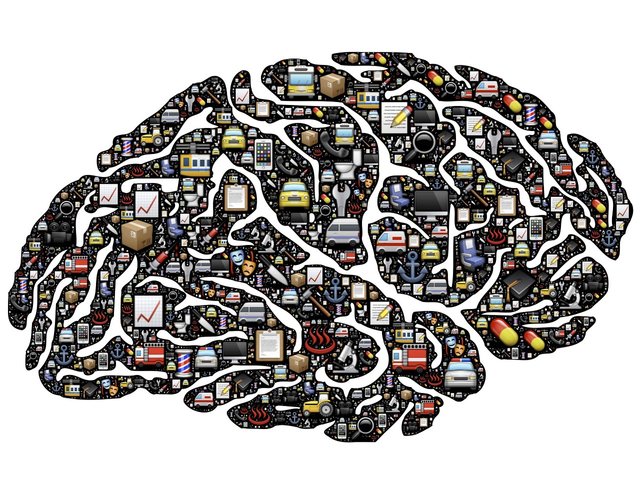
Cognition
Cognitive decline is reduced by meaningful use of our time. People who work an extra year before retirement showed a 3% decreased risk in developing dementia.
We may think this is simply a factor of being cognitively active that will allow us to prevent cognitive decline. But that is not the case. As mentioned, purpose is important for health, and this is still true for mental psychological and physical brain health. The biological mechanism is unknown, but purpose and meaning improve overall immune functionality and decrease the risk of cardiovascular disease.

Conclusion
There are many benefits to working indeed... but these all presume an actualization of meaning and purposeful work for us to enjoy these positive psychological benefits. If we don't have a greater meaning and purpose in our jobs, the benefits might be cut. All jobs provide some level of self worth, value, and meaning since they permit us to survive.
This isn't to say there is no other valur gained, because there hopefully is. Neither is a job the only way to gain value. I would sugegst most people gain value not from their jobs they only do to survive. Instead, people gain value most from doing things they like and enjoy doing. For some lucky people, they work doing what they like to do.
Our family, culture, society and the personalities we have development through our lives, can tend to influence what careers we will find meaningful, and which ones we will find pointless and boring. We derive a sense of self and a sense of belonging from our family, parents, friends, society and even media. This sense of belonging extends to what we will do for a living. Those we interact with, we identify with, are those we are going to derive connection, comradery and as belonging to a "family" of sorts.
The more we interact with others, the more we communicate and exchange personal stories, gossip, chat, share vulnerabilities and strengths, the more we tend to trust each and get along to achieve a common goal.
As work will continue to evolve over the coming years, it will also affect our consciousnesses. As work changes, we must also change the work to find meaning within it. Not all work is equal, some people like what others hate, and vice versa. Simply working, exerting physical labor, is not enough for some. This will become especially more challenging, as we develop more and more automation that will replace much of, if no most of, the physical jobs we currently have in many areas of the world.
The future is always changing and uncertain. The advent of robotics and more developed AI will affect how we lead our lives into the future. Stay tuned for more on this topic in the future.
[Image sources: 1, 2, 3, 4, 5, 6]
Thank you for your time and attention! I appreciate the knowledge reaching more people. Take care. Peace.
If you appreciate and value the content, please consider:
Upvoting  , Sharing
, Sharing  and Reblogging
and Reblogging  below.
below.
 me for more great content to come! Please also go through my older work to learn about more topics.
me for more great content to come! Please also go through my older work to learn about more topics.
Author: Kris Nelson / @krnel
Contact: [email protected]
Date: 2016-10-29, 8:04am EST
Thankful that we have progressed so far past the point that we no longer need to spend the majority of our efforts/time in life on just growing our own food/raising animals alone. Thanks to capitalism and voluntary exchange!
The problem with modern work is that most of it is divided from its meaning. Partly that is because of the structure of big companies. but other things count, too.
Just think of the boss. Do you prefer the man who build up the firm himself or a manager that doesn't think twice about going to another company?
Or do you enjoy doing a multitude of things compared to one thing day for day, years long?
@krnel excellent post my friend, when you're young can live to work build on the momentum and save for the future when a family forms must trabajr vivisr is easy to say how difficult is cumplir.el work is dignity. excellent point of view grace happiness and share spor
I still don't have a stable job, and I change repetitevely my hobbies so I still don't know what to do in my life.
Try to find your way... it can take time... some people are lucky to do things they enjoy... while the rest of us aren't.. we all gotta make money to live at least... so accept that part of it as good.. hehe.
This post has been linked to from another place on Steem.
Learn more about and upvote to support linkback bot v0.5. Flag this comment if you don't want the bot to continue posting linkbacks for your posts.
Built by @ontofractal